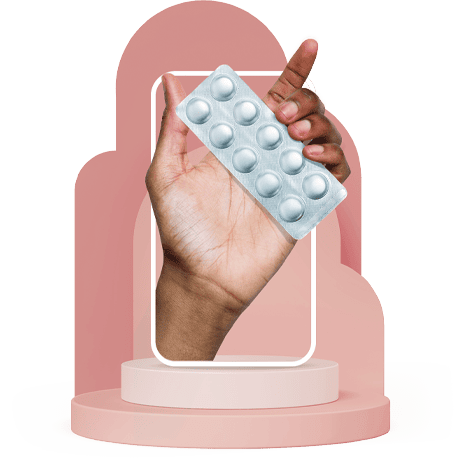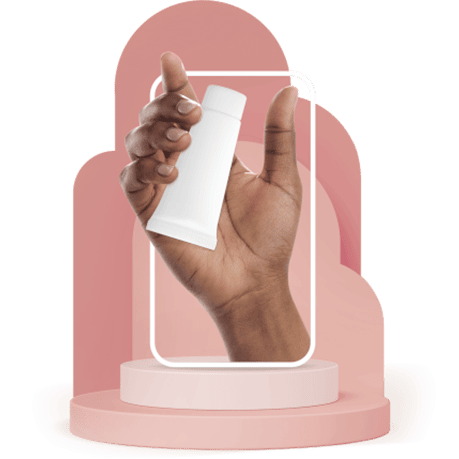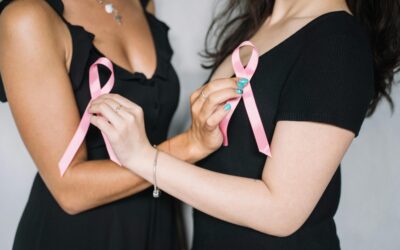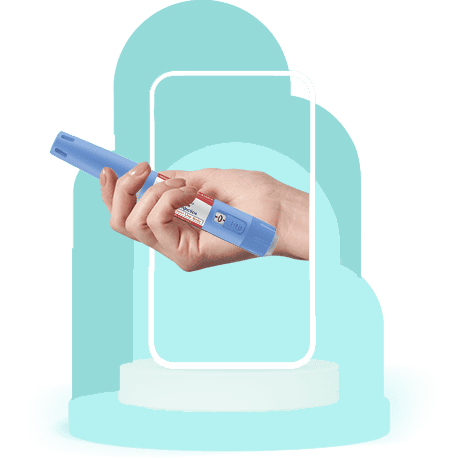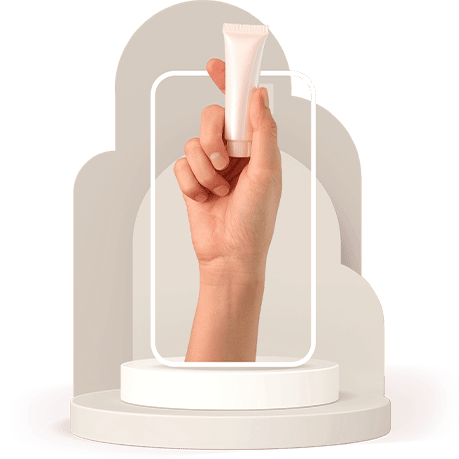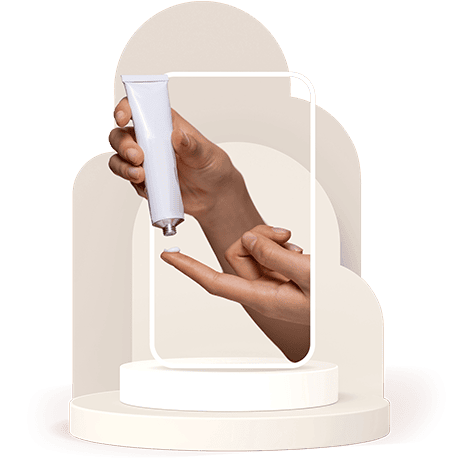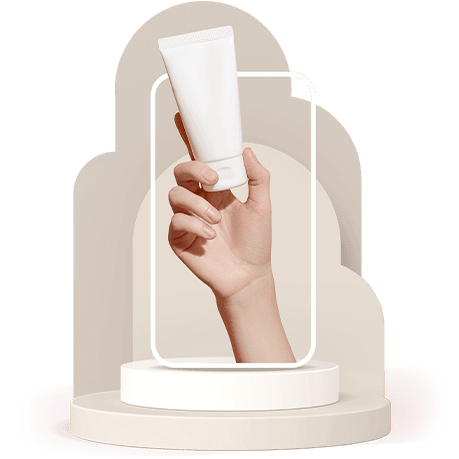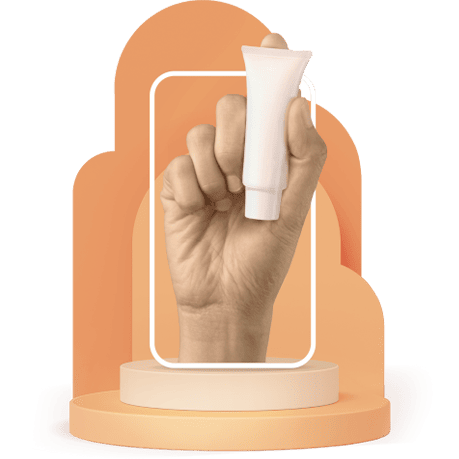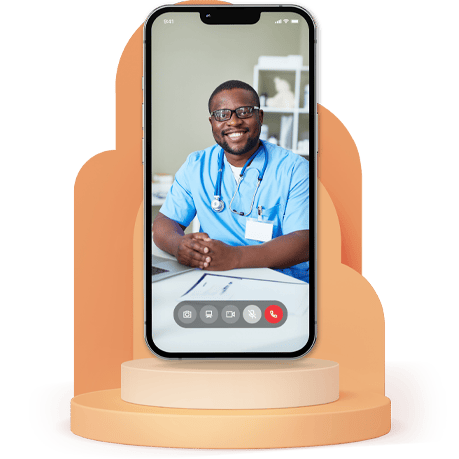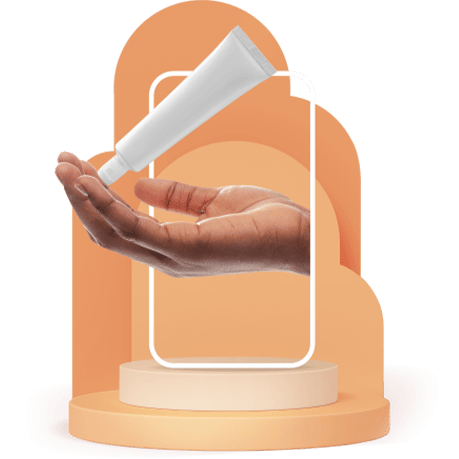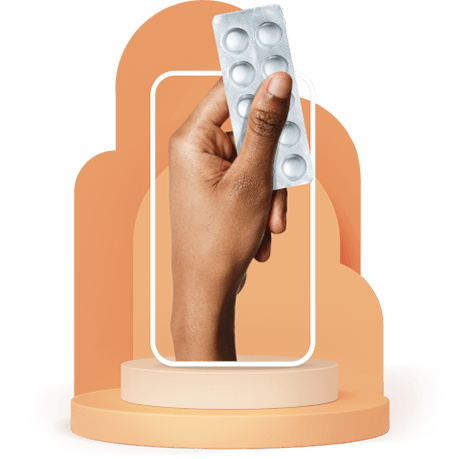Periods! Periods! Periods!
They’re a natural, biological function that half of the world’s population experience during their lifetime. Yet the word often makes many of us feel embarrassed or even ashamed. There is an undeniable stigma associated with female menstrual cycles, which is having a negative impact on young girls and women.
This article will address some of the issues females all over the world face when it comes to their periods, why these perceptions have stigma, and what we can do to help.
The problem
Throughout history girls and women have been shamed for their periods. Around the world, the stigma ranges from feeling like you need to say “it’s that time of the month” so you don’t have to use the word period, to not being allowed in a kitchen during your menstruation.. These perceptions have a hugely negative impact on the way periods are understood and interpreted.
A lack of support at schools and workplaces means women often struggle when their period comes. Very few countries around the world offer time-off every month for females with painful periods such as Japan, Indonesia, Taiwan, South Korea and Zambia. However the set up of these programs, despite having good intentions, has created other issues, such as businesses using these days off as a bias to hire men over women, or pay women less for the same role.
A lack of medical understanding and education ultimately is affecting a young girl’s access to their own education, negatively influencing their own prospects. All around the world, young girls miss school because of their periods and feel too embarrassed and confused to ask questions or for help. In South Africa, girls often face difficulties when it comes to their periods. Period poverty is usually the greatest concern for young girls across the country, with many having to opt for rags or socks. Girls who cannot afford sanitary products will miss up to 5 days a month of school. (1)
Research by the University of Stellenbosch found that 30% of South African girls were missing school because of their periods. (2) At the Global Citizen Festival: Mandela 100 in 2018, President Cyril Ramaphosa made pledges to improve sexual health management across the country, by education, free sanitary products and increasing access to safe sanitation facilities, but there is still a long way to go.
Why are we struggling to talk about periods?
Periods are associated with being a female problem, and therefore something girls and women need to deal with themselves. Even the word ‘period’ is something many men squirm at, conjuring graphic and medical associations. Men need to be aware of and understand what happens to a woman during her menstrual cycle. Yes periods aren’t nice, but they are natural and a vital part of a woman’s sexual health and therefore vital for reproduction.
Damaging perceptions of periods are still ingrained in society, putting girls down and provoking shame, fear and sexual violence from a lack of understanding and inequality.
What needs to change?
Periods are nothing to be ashamed of or embarrassed by. No girl or woman should feel any less worthy for being on their period. Sexual health education needs to be improved, for both girls and boys. Education can help reduce the stigma surrounding menstrual cycles by teaching young students about the body and the processes it goes through.
Increasing accessibility to sanitary and contraceptive products helps to normalise women’s cycles, and helps improve their access to education. Services such as Contro allow women from all backgrounds to feel safe and not judged when sourcing products, and provide affordable options for those on a budget, ultimately aiming to democratise sexual health products.
Increasing investment and participation in women’s health, and promoting innovative approaches can also help to end period poverty and promote research and technology in the field.
What can we do moving forward?
We all need to play our part in the conversation: don’t keep silent about periods, don’t be ashamed to refer to your period or feel embarrassed when buying sanitary products. Speak up when anyone puts you down about your period, bring others into the conversation and stand up for those who need support. Do what you can to educate yourself and those around you.
For further reading, check out Female Forward Together, a platform which aims to raise awareness of the period stigma and the consequences this has across all generations of females.


